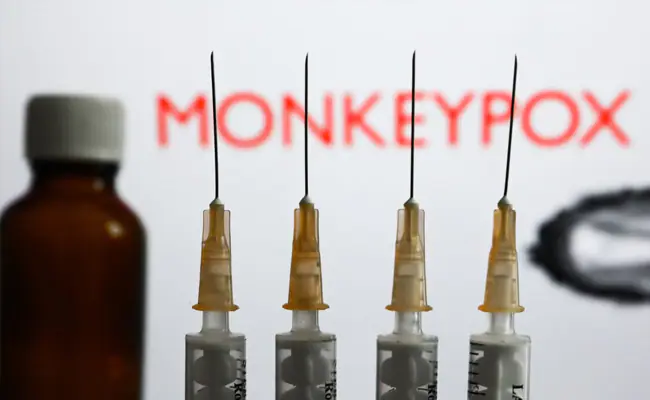
The vaccine against Monkeypox is not 100 percent effective and that is why people must reduce the risk of their own infection, which according to Rosamund Lewis technically on Wednesday.This happened because more than 35,000 cases of Monkeypox have been reported worldwide in more than 92 countries and 12 deaths have been associated with this disease. Overcoming the press briefing, Lewis said that who “did not expect 100 percent efficacy” for this vaccine to prevent Monkeypox.
“We do not have the right information … it reminds us that the vaccine is not a silver bullet? That everyone who feels that they are at risk and appreciate the level of risk and want to reduce the risk of having many interventions in their disposal, which includes vaccination if available, but also Including the protection of activities, where they may be risky, “he said. Director General of WHO Tedros Adhanom Ghebreyesus said that nearly 7,500 cases were reported last week, which was an increase of 20 percent from the previous week.
The head of WHO also said that most of the Monkeypox cases were reported from Europe and America -men who had sex with men “More than 35,000 cases of Monkeypox have now been reported to whom, out of 92 countries and regions, with 12 deaths. Nearly 7,500 cases were reported last week, an increase of 20 percent from the previous week, which was also 20 percent more than a week before,” he said during a media briefing . Back in July, Tedros announced that the Global Monkeypox outbreak represented the international public health emergency.
Most people usually recover from Monkeypox in a few weeks without treatment. The symptoms are initially like flu, such as fever, cold, and swollen lymph nodes, which are then followed by widespread rashes. According to WHO, this disease can be more severe in small children, pregnant women, and individuals who are immunocompromised. The monkeypox virus is not easily transmitted and usually spreads through close physical contact, including sexual contact, with infected individuals.
Viruses can enter the human body through ruptured skin, respiratory tract, eyes, nose and mouth, and through body fluids. Monkeypox is a zoonotic disease. Derived from animals such as rats and primates and occurs in the remote parts of Central and Western Africa.


